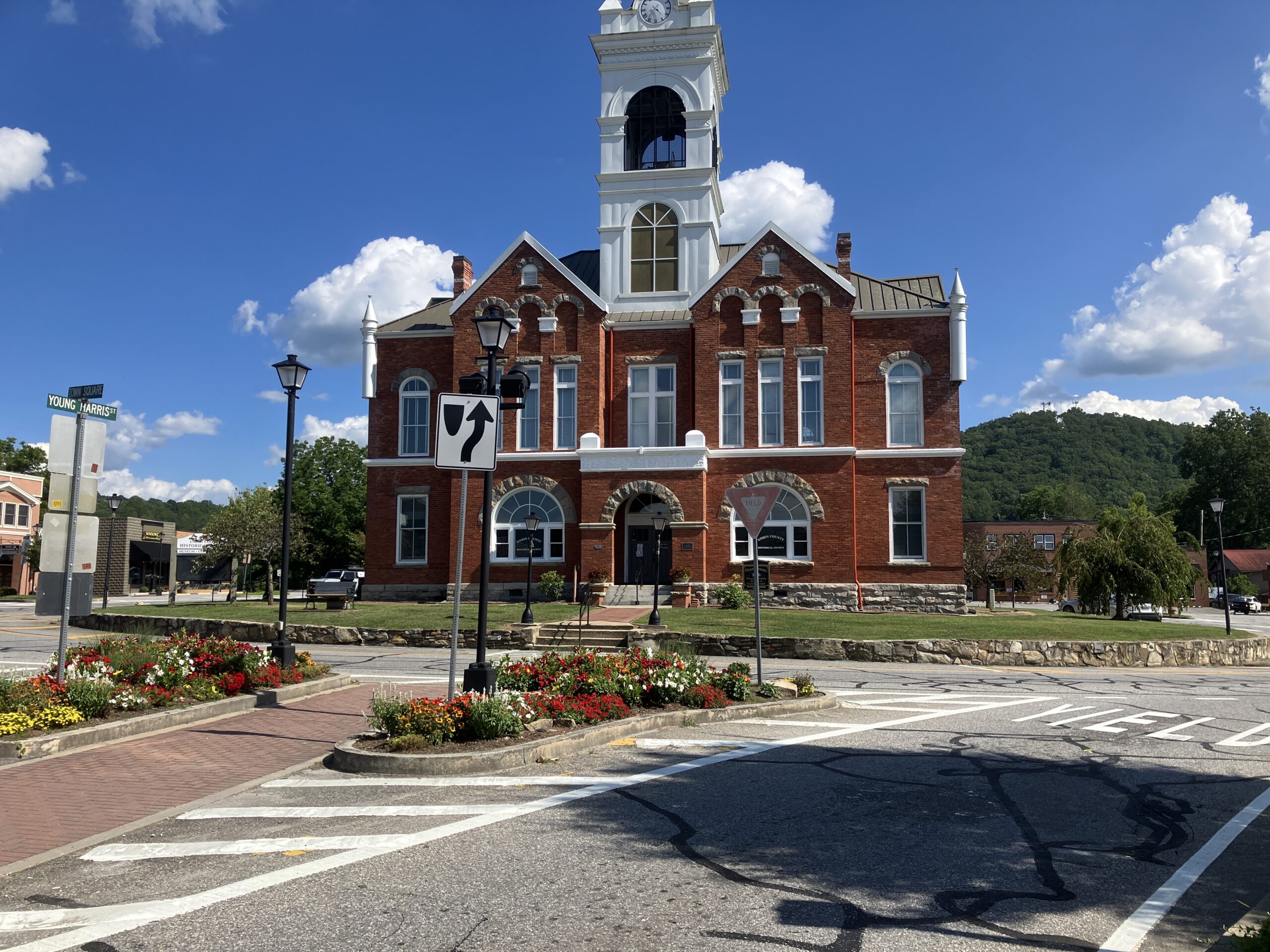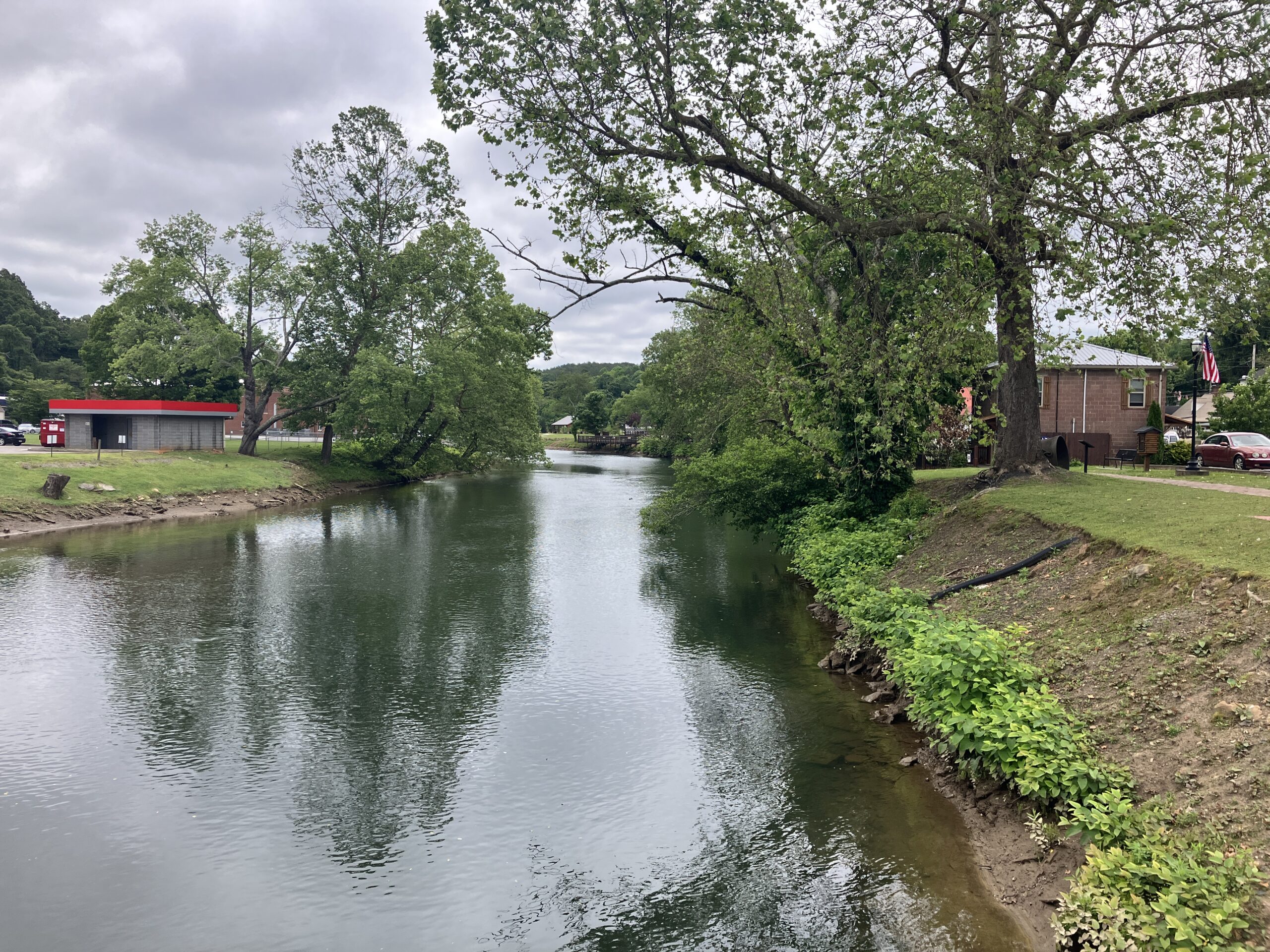David Camp and Crawford Wood were business partners. After Crawford died, the business arraingment was restructured, with Camp conveying a property to David Wood (Crawford’s son) in return for a $130,000 promissory note. Wood’s plan was to pay the note off within three years.
The day after Wood executed the promissory note, Wood transferred the property received from Camp to himself and Stephen Bloom, to whom Wood was married under California law, as joint tenants with rights of survivorship. Wood then traveled to India to undergo treatment for a brain tumor. Wood died within a year and Bloom became owner of the property as the sole surviving joint tenant.
Camp made a demand for payment and Bloom refused to pay. Camp then sued Bloom, alleging that Wood, while gravely ill, conveyed the property to himself and Bloom as JTWRS to shield the property from his creditors in the event of his death. Camp alleged that the transaction was a fraudulent conveyance, thus giving him the right to recover from Bloom.
Camp suit was filed in Cobb County and went to a jury trial. The jury returned a verdict in favor of Camp, awarding $104,800, plus $27,750 in attorney’s fees. On appeal, judgment based on the jury’s verdict was affirmed. Although there was no direct evidence of Bloom’s involvement in the alleged fraudulent transfer, the Court of Appeals held that the jury could have so inferred given the closeness of Wood and Bloom’s relationship and their past joint handling of their financial affairs.
Bloom v. Camp, 2016 Ga. App. LEXIS 238 (April 21, 2016).
























